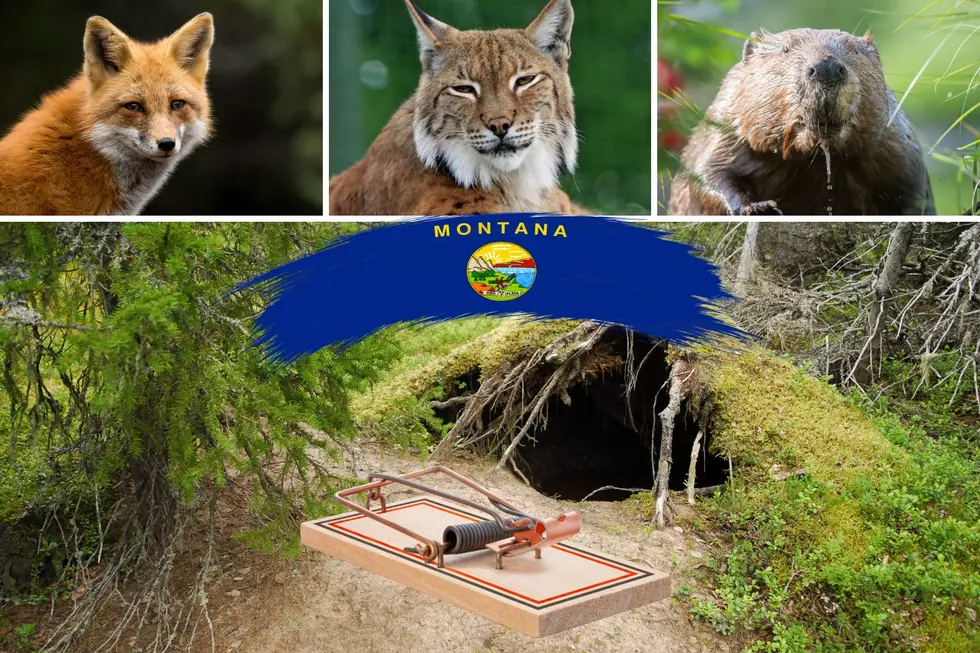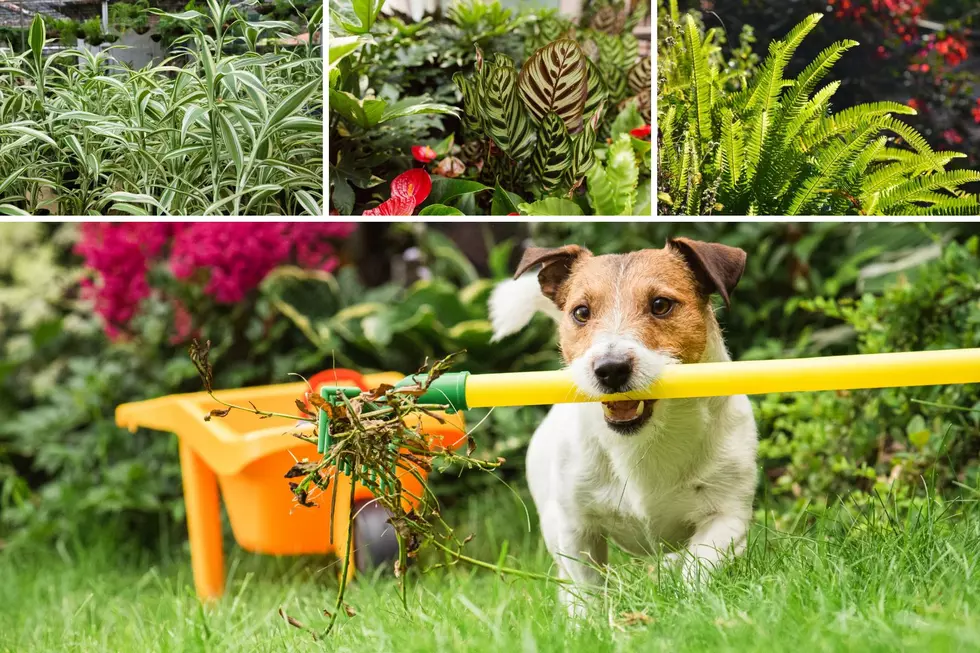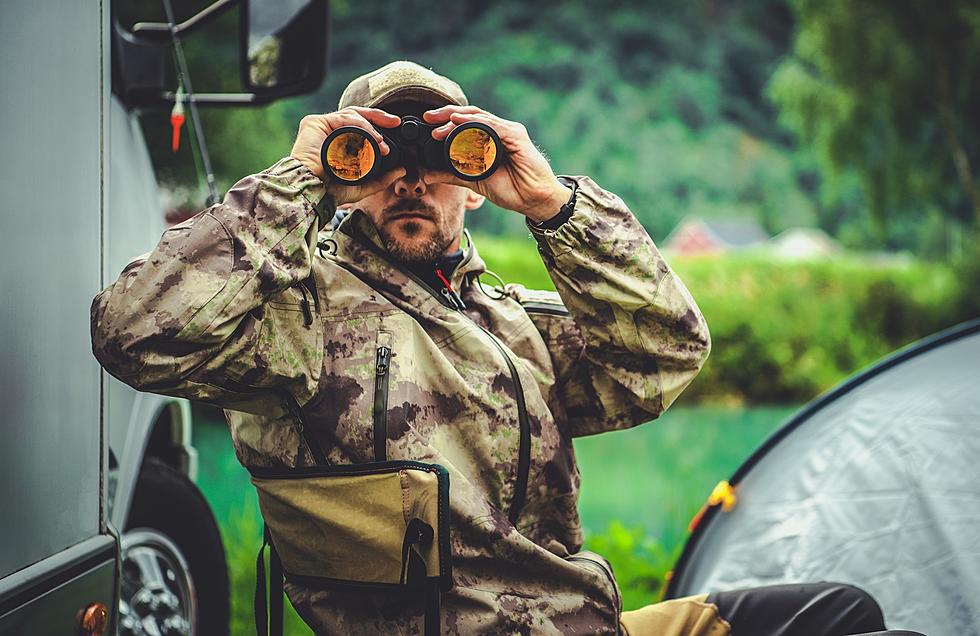
Montana Trapping 101: Understanding the Process and Requirements
Trapping enthusiasts in Montana, both residents and non-residents, can now secure their trapping licenses hassle-free. The process has been streamlined to ensure accessibility for all interested individuals. Whether you're a seasoned trapper or a novice looking to explore this traditional skill, Montana offers opportunities for everyone.
Obtaining a Trapping License for Montanans: A Straightforward Procedure with Necessary Conditions:
For Montana residents, obtaining a trapping license is straightforward. Residents can purchase their licenses either online or by visiting a nearby Fish, Wildlife, & Parks office. However, there are a few prerequisites. Residents must either complete a Montana trapper education course or have held a trapping license for at least three previous years, either in Montana or another state. Additionally, residents must be at least 12 years old to be eligible for a trapping license. Youth aged 6 to 11 can also participate, albeit with certain limitations and exemptions.

Trapper Education Course: Fulfilling Requirements for Montana Residents and Options for Non-Residents
The trapper education course, a mandatory requirement for residents, comprises an online component, an in-person field day, and a written test. This comprehensive course also fulfills the education requirement for trapping wolves in Montana. Non-residents interested in trapping within Montana's borders have several options to obtain their licenses. They can provide a notarized affidavit detailing their legal residence, including their state of residency. Alternatively, non-residents can furnish documentation proving that their home state issues non-resident trapping licenses for the same species they intend to trap in Montana. If neither of these options is viable, non-residents can attest on the affidavit that their home state does not offer reciprocity for trapping the fur-bearing species found in Montana.
To delve deeper into the art and science of trapping, you can click on this link where you can find more information about trapping regulations, species, and resources to register for trapper education courses.
With the availability of trapping licenses for both residents and non-residents, Montana continues to uphold its rich trapping heritage while ensuring responsible and sustainable wildlife management practices. Whether you're drawn to the thrill of the chase or the craftsmanship of trapping, Montana welcomes you to explore its diverse landscapes and abundant wildlife through this time-honored tradition.
LOOK: Best counties to raise a family in Montana
Gallery Credit: Stacker
LOOK: Highest-paying jobs in Billings that don't require a college degree
Gallery Credit: Stacker
More From KEYZ AM 660








